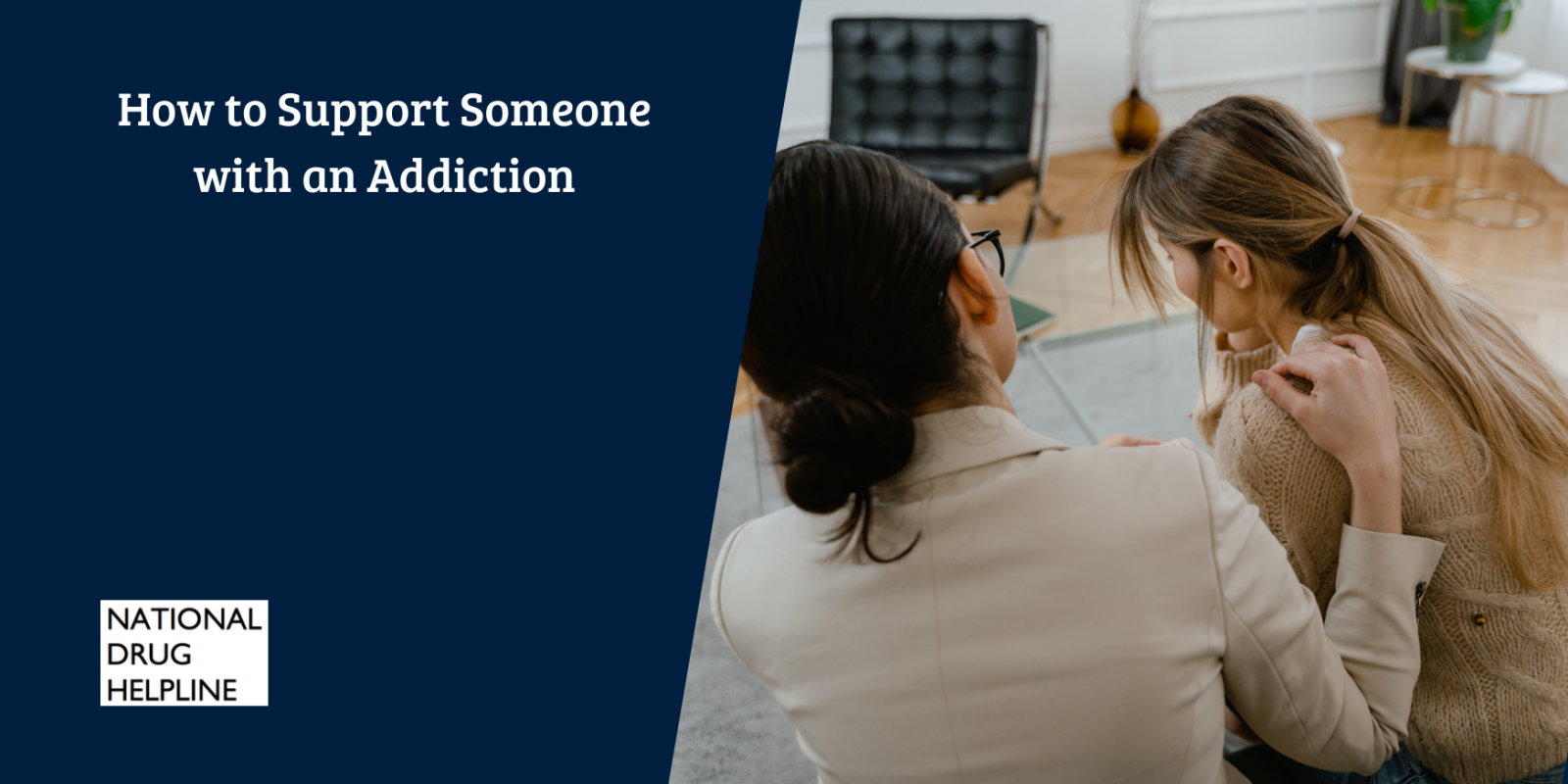Supporting someone with an addiction requires a lot of compassion, patience, and knowledge, as it is a delicate, ongoing process. If your loved one is dealing with drug, alcohol, or behavioral addictions, there are many ways by which you can significantly help them in their journey toward recovery. It is vital to be well equipped with all the nuances of how to support someone with addiction for their well-being as well as your own.
Understand the Nature of Addiction
Addiction is a chronic condition that frequently relapses because of the way it affects the brain’s reward system. It is often extremely challenging for those with addiction to stop using substances even while knowing that it is causing them harm, similar to how heart disease can impact overall health. However, this is not just a mere issue of willpower. Addiction is an actual medical condition that can coexist with other mental health issues such as anxiety or depression.[1]
According to a study, addiction to substances such as heroin changes brain function and structure[2]. It particularly affects areas involved in reward, stress, and self-control. This effect can persist for a long time after substance use has stopped.
Be a Source of Support for Addiction—Not Shame
To create a supportive environment, you need to show compassion and avoid any confrontation or accusation. Instead of criticizing or giving out ultimatums, you must show genuine concern and listen to what they have to say without any judgment. It is always helpful to let them know that you are there because you care about them and that you are willing to be there to help them find the addiction help they need.
If you would like to know more about how to help an addict, then the first step would be to encourage them to seek professional help and care. In many cases, it may be out of your scope to try and fix things on your own. From your side, you can continue to be consistent in your support and reinforce any positive changes.
Explore Addiction Counseling Services and Treatment Options
Most people, especially young people, with addiction benefit from structured programs such as counseling services and inpatient or outpatient rehabs. You can start by researching addiction recovery programs and treatment options in your area or online.
While researching, you must look for reliable resources such as the National Drug Helpline, a free and confidential service that is available 24/7. These hotlines can provide the support you need to encourage your loved one to reach out whenever they need any immediate help.
Learn About Addiction Support Groups
Addiction is a condition that affects millions of people globally. One of the most beneficial and effective tools for long-term control over addiction is support groups. You can look for addiction support groups in your area and encourage your loved one to give such groups a try. A few examples of these include:
- Alcoholics Anonymous (AA) and Narcotics Anonymous (NA), are peer-led groups focused on sobriety and mutual accountability. Such groups have been found by studies[3] to be highly beneficial for long-term addiction control.
- SMART Recovery is an international community that aims to help people with addiction using an evidence-based program.
- Family support for addiction includes groups like Al-Anon or Nar-Anon that provide emotional support and coping tools to those whose loved ones are affected by addiction.
Support groups are a popular, widely accepted, and proven part of tackling addiction. They are well-established as an essential part of addiction management. Such groups provide a platform for sharing experiences, reduce feelings of isolation, and foster a sense of belonging, all of which are powerful motivators in the recovery process.
Encourage a Safe and Supportive Home Environment

The risk of relapse is significantly increased if the home environment is filled with triggers or stressful situations. Some ways to help create a more supportive environment are:
- Remove any and all addictive substances.
- Encourage healthy practices such as regular meals, exercise, and sleep.
- Celebrate progress and not just milestones, as recovery is a journey of many small wins.
- Avoid confrontational conversations or blaming the person with addiction.
It is important to remember that relapse is a common part of recovery. It should not be taken as a failure but should be treated as a signal to seek further help for addiction.
Take Care of Yourself Too
The burden and stress of taking care of someone with an addiction can be immense. It is often too easy to lose yourself and your own life when you are trying to help someone else. But it is not a burden that you need to carry alone. Before trying to help others, you must make time for your own life and take care of your mental and physical well-being. Only when you are healthy yourself, can you be the model for healthy behavior and maintain the resilience that is needed to support your loved one long-term.
Use Available Resources
While there is no shortage of easily accessible drug addiction resources, it can be a daunting and overwhelming task to navigate through all the information. Some helpful resources include:
- National Drug Helpline: 1-844-289-0879 is a critical drug addiction hotline that provides free and confidential referrals.
- HelpGuide.org, which provides practical advice on recognizing and addressing addiction.
- DEA Recovery Resources includes tools for individuals and families dealing with addiction.
You can also find more treatment options through programs designed for recovery from addictions or learn more about addiction counseling services.
Final Thoughts: How to Support Someone with an Addiction
Knowing how to support someone with addiction requires a lot of patience, proper education, and access to the right tools. It is not just about helping them get over the addiction. It is also about helping them build a new and healthier life. By always being there for your loved one, there is no reason why you cannot help them be their best version.
Last updated: May 12, 2025
References
| ↑1 | RachBeisel, Jill, Jack Scott, and Lisa Dixon. “Co-occurring severe mental illness and substance use disorders: a review of recent research.” Psychiatric services 50.11 (1999): 1427-1434. |
|---|---|
| ↑2 | Goldstein, R. Z., & Volkow, N. D. (2011). Dysfunction of the prefrontal cortex in addiction: neuroimaging findings and clinical implications. Nature reviews neuroscience, 12(11), 652-669. |
| ↑3 | Tracy K, Wallace SP. Benefits of peer support groups in the treatment of addiction. Subst Abuse Rehabil. 2016 Sep 29;7:143-154. doi: 10.2147/SAR.S81535. PMID: 27729825; PMCID: PMC5047716. |

